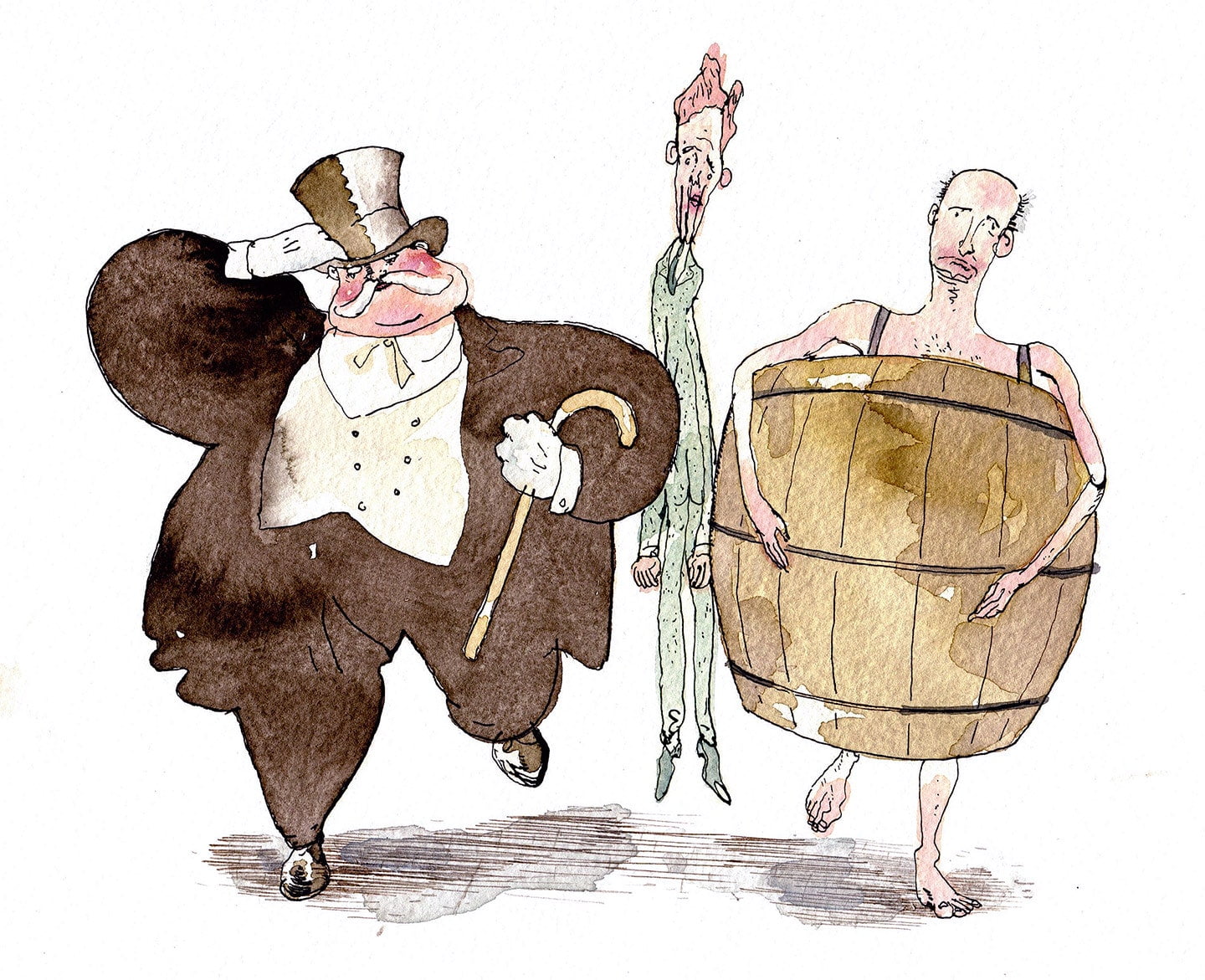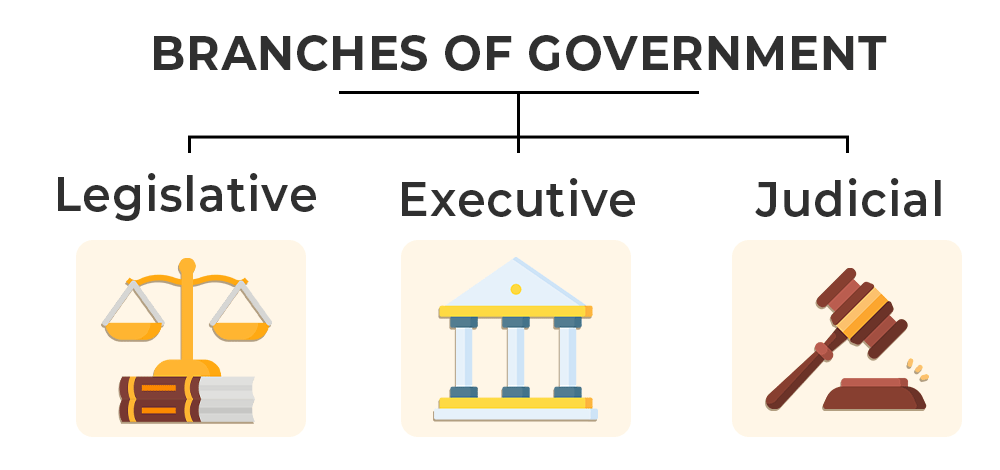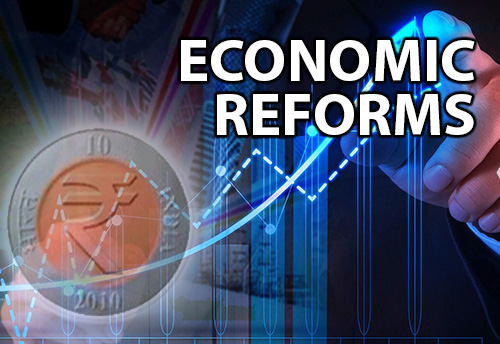Majid Naeem
Change! Change! Change! We want change. We want a political transition to reform the state and society. The idea of change is eternal and always resonates in the corridors of power. Indian culture had been formed on the elite capture. A society where caste, religion, social status and possession were the norms to be powerful, thus respectable. Pakistan gained independence from the British; however, then, they were captured by the local elite. It was never a complete transition to freedom. Religion and nationalism were the tools employed by the elite in Pakistan to woo the people because people had developed specific sensitivities for religion and nationalism.
Carl Marx describes it as a class struggle. He asserts that the world has two classes; haves and haves not. Rest is irrelevant. He further says that religion, ethnicity, language and other political, social and religious biases are exercised to develop and strengthen the elite cartel. Then, the elite comprises religious, social, cultural, political, business and bureaucratic cartels. Nevertheless, the disposition is simple. Either one is rich or poor; instead, it shapes all society’s political and cultural variations.
The politics in Pakistan has always been elitist. There is no middle class in it. What politics without the middle class! Yes, the middle class is only to vote, not to represent. Instead, Pakistan has never had a single political party with first, second and third-tier leadership with middle-class orientation. Imran Khan emerged as a political force in 2011 with the famous slogan of change and people participation. However, it was the bubble. Instantly, Shah Mahmood Qureshi was installed as the vice chairman of the political Party. Then, it was not the case Jahangir Khan Tareen and Aleem Khan were installed as the party leaders. All electives were included in the Party with the explanation that if the leader is honest, the followers can not be dishonest. However, it had never been the case in politics.
PTI won the elections in 2018, the way most political parties have been winning elections. Then, Usman Buzdar, a person unknown to PTI who just came into the Party, became the chief executive of Punjab. Mahmood Khan and Tanveer Ilayas are the others who became the chief political executives. Suppose one browses the PTI minister material in the federation or Punjab. In that case, one will observe that most of the ministers were from status quo families, although the narrative was the empowerment of youth and the middle class. One can quickly gauge that PTI never empowered youth or the middle class. So what is the difference between PTI and the rest of the political parties? The argument that IK is incorruptible and stands out is irrelevant because political parties work in collective positions than the individual.
It was smooth sailing for PTI till April 2022, when their government lost the majority in the parliament. The response was unpresedentant from the public. Even PTI won the bye-elections in Punjab and retained the government in Punjab with Pervez Elahi as the new political chief executive of the province. Pervez Elahi is a classical reference to status-quo politics in Pakistan. Is he a man of change? PTI trumpets often? Then, it was not an issue because he was a coalition partner, and politics is an art of possibilities and compromises. So far, PTI middle-class voters have yet to be represented as political executives in any part of Pakistan. However, it was not the end. PTI nominated Pervez Elahi as the president of PTI. Generally, the position is more representative than political empowerment; even then, how can a party, dependent on the middle class, appoint a person as the ideological head of the Party?
The decision has once again reiterated the ostensible class struggles in political parties of third-world countries. The middle-class political workers of PTI may be the most loyal political workers of any political party in Pakistan. They are young and educated and want to serve Pakistan. They desire to change the country. They want to abolish the status quo and restore an egalitarian political system. They believe that Imran Khan is the right person for the right job. However, the formation of PTI is not directly proportionate to the wishes of PTI middle-class workers.
The political struggle by PTI has been irregular. The role of second-tier leadership, the electives and others are minimal. The struggle is only between Imran Khan and middle-class workers. However, the political positions are with status-quo politicians. Has ever a traditional politician in PTI confronted the state power? Do workers need to remember 25th May? Do status-quo politicians not always flee from street protests? Lastly, how will Pervez Elahi lead the Party when he is diametrically against the interests of middle-class political workers of PTI?
Middle-class workers in PTI must understand that their sacrifices should not be the end of the status-quo politicians. Their sacrifices are for a cause, and that cause should not be compromised. Pakistan needs middle-class political parties, and it is a political obligation of all middle-class workers of political parties to ensure they are the leaders, not the elite. Therefore, they must shun all elite politicians and political parties.https://republicpolicy.com/imran-khan-appoints-the-biggest-dacoit-as-his-party-head-a-self-defeating-status-quo-appointment/
The writer is engineer by profession.

















